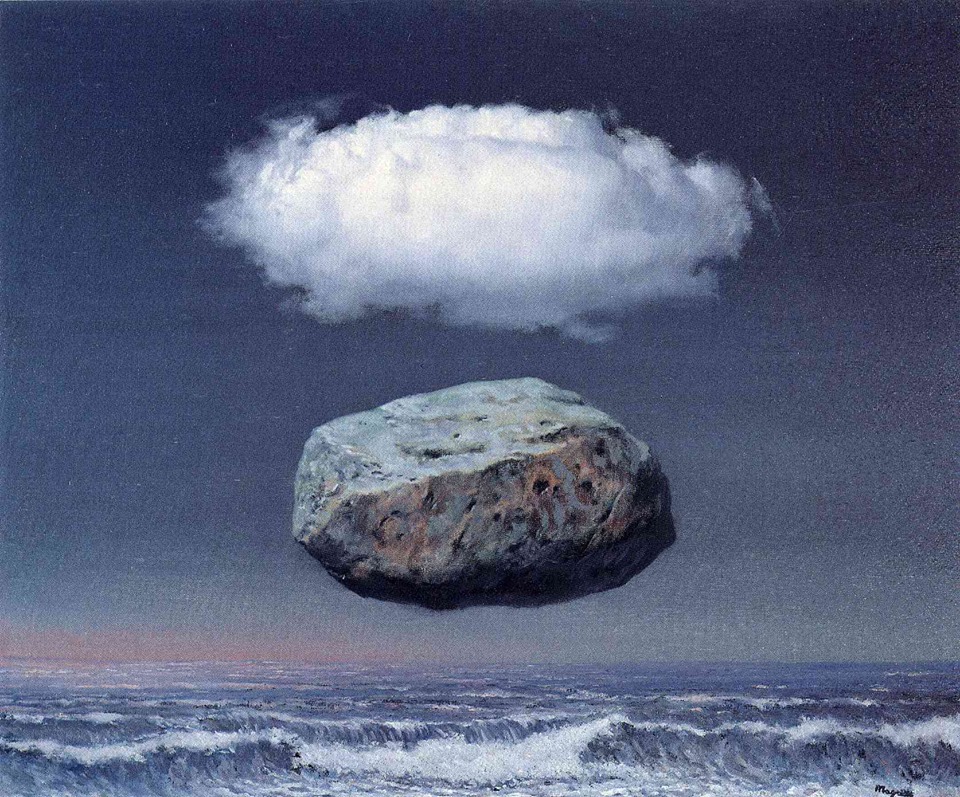
In recent days, theaters, or rather theaters that have relatively small theatrical groups, have been in the informational spotlight, and are now discussing the problem of their dissolution (reducing, optimizing, rebuilding).
In the media field, the news says that the government is going to stop funding several theaters, the Hamazgayin Theater, the Song Theater, the Chamber Music Theater, and some other theaters and musical groups.
Then, the acting Minister of Culture Nazeni Gharibyan commented on the news, giving strange and obviously insufficient explanations.
In particular, emphasizing that the Hamazgayin Theater, for example, “has no gene characteristic, except that it is founded by Sos Sargsyan.”
One of the peculiarities of the genres is the stunning connection between being dominant and the name of the founder, adding even more questions.
And it is natural that the minister’s thought opened a box much like Pandora’s, in which years of problems of creative collectives with state-owned companies (SNCOs) were immunized.
And even though the Ministry of Culture wanted to draw attention to the fact that the news media had used a document intended for internal circulation, and in reality there had been a leakage, the problem needed a more in-depth explanation.
State-owned theaters are accustomed to resting successfully, by getting subsidized and continuing to being on the playbook. That is to say, since back in the Soviet years, it was accepted that the theater is simultaneously a building and a theater company, both of them should be financed simultaneously and should create a stable playbook together.
Attempts to get out of the Soviet model have been unsuccessful for decades, and are also unsuccessful as theater reform cannot be partial and selective, it should change the structure of all creative teams and mitigate the dependence on the state. For example, it does not start with the funding of theaters, rathe the funding for individual performances.
The theater community has been talking about it for a long time, but every time, when we are faced with the explanation of the minister of culture, we get the impression that we are once again at point zero.
And every time, such unfounded explanations get populist counterattacks, users of the media and social networking are delighted to use the phrases “cultural massacre,” “cultural genocide,” “the destruction of national values,” and others, as it is so easy and emotional.
This can touch the metanarrative and at the same time speak from the misty position of the victim, the patriot and the artist.
Slumbering is a preferable to a state of being awake. And as a result, theaters themselves don’t want to admit that the concept of a “state theater” has been ridiculous for a long time, and representatives of the art department continue to make just as ridiculous explanations.
For example, Nazeni Gharibyan said about Hamazgayin “Our criterion is that if the theater is to be fully subsidized, then it must have genre characteristics.”
That is, the topic opener, explanation giver and future designer in this case selects an explanation that is partial and elusive (theatrical genres are outside of theater-state relations, in the end there are no good and bad genres, there are good and bad performances.)
The interpretations were similarly partial and grandiloquent, as any theater would interpret from its position, and any user, in continuing the chain of emotions, without accepting, that the government should have had more founded arguments and programs for the decentralization of theaters long ago.
And while the government is not ready to give a justified explanation for the transition of state theaters towards non-state, officials will create media chaos where everyone will speak of their own “genre characteristics” about the “mighty power of art” and will demand for a piece of attention. As a result, the chaos will seem even more unsolvable.
After all, the goal of the state should be to reduce the role of state in all areas, from theater to media activities. And without the “state” label.
Nune Hakhverdyan
The views expressed in the column are those of the author's and do not necessarily reflect the views of Media.am.


Add new comment
Comments by Media.am readers become public after moderation. We urge our readers not to leave anonymous comments. It’s always nice to know with whom one is speaking.
We do not publish comments that contain profanities, non-normative lexicon, personal attacks or threats. We do not publish comments that spread hate.